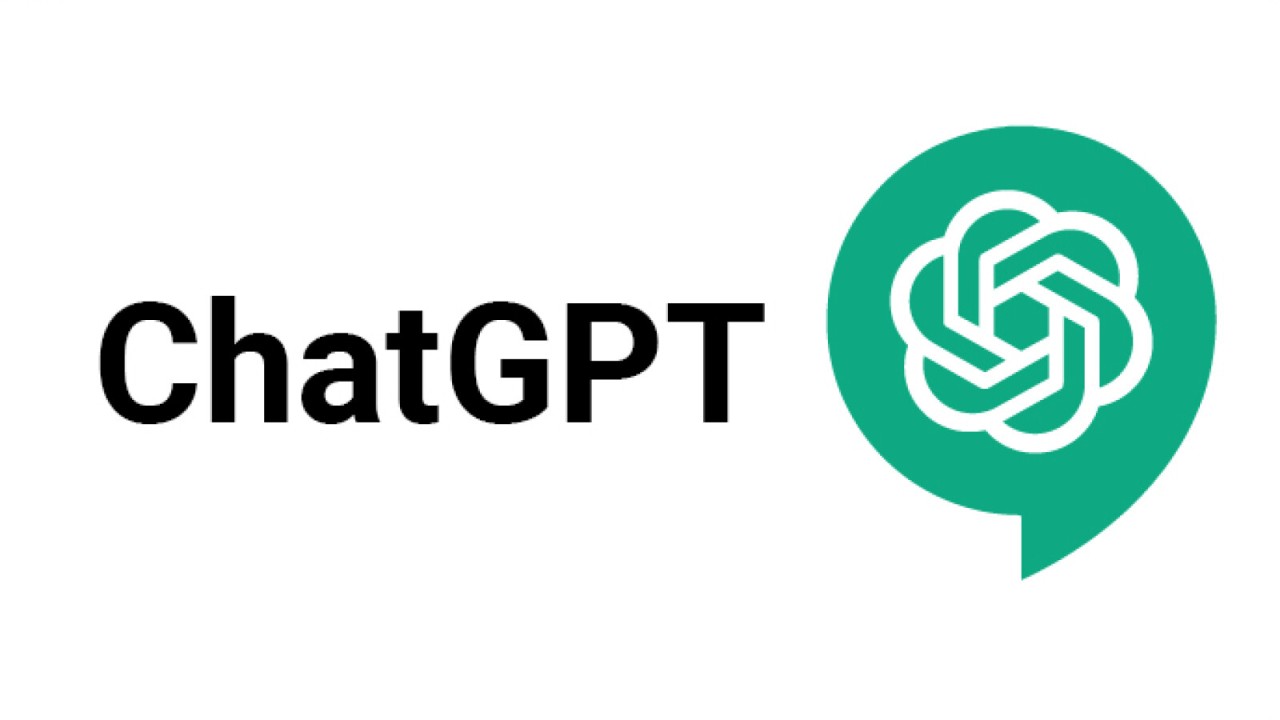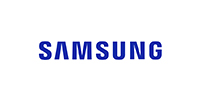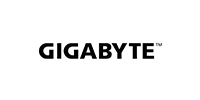Qwen 2.5 vs ChatGPT: Which AI Model Leads in 2025?

Introduction
Compare Qwen 2.5 vs ChatGPT in 2025—features, performance, use cases & accuracy. Find out which AI is better for your needs.
In the rapidly evolving landscape of artificial intelligence, the debate of Qwen 2.5 vs ChatGPT has garnered significant attention. As both models push the boundaries of AI capabilities, understanding their differences is essential for users seeking the most suitable solution.
This article delves into the question: Is Qwen 2.5 better than ChatGPT? By examining their features, performance metrics, and real-world applications, we aim to provide a comprehensive comparison to guide your choice between these two AI powerhouses.

Use Cases and Best Fit: Qwen 2.5 vs ChatGPT
When to Choose Qwen 2.5 Over ChatGPT
If you’re considering whether Qwen 2.5 is better than ChatGPT, it’s important to evaluate your specific needs.
Qwen 2.5 excels in scenarios that require multilingual support. It’s also a great choice for applications that demand open-source flexibility and cost-effective solutions.
With its architecture supporting 128K context windows, Qwen 2.5 is ideal for tasks like research analysis, coding assistance, and real-time data processing.
Scenarios Where ChatGPT Outperforms Qwen 2.5
ChatGPT, particularly with its GPT-4.1 model, offers superior performance in tasks requiring extensive context understanding.
It excels at complex reasoning and long-form content creation, making it ideal for advanced conversational agents and content generation.
With a 1 million token context window and enhanced memory capabilities, ChatGPT is well-suited for nuanced applications where deeper understanding is critical.
Qwen 2.5 vs ChatGPT in 2025: In-Depth Comparison
Compare Qwen 2.5 vs ChatGPT in 2025—features, performance, use cases & accuracy. Find out which AI is better for your needs based on actual functionality.
| Aspect | Qwen 2.5 | ChatGPT (GPT-4 Turbo) |
|---|---|---|
| Release Year | Launched in 2025 by Alibaba’s Institute for Intelligent Computing | Released in 2025 by OpenAI as part of its GPT-4 Turbo upgrade |
| Model Type | Open-source large language model (LLM) | Closed-source, commercial large language model |
| Performance | Strong in structured data processing and enterprise deployment | Highly optimized for general-purpose conversations and creativity |
| Use Cases | Business intelligence, automation, multilingual AI deployment | Customer support, content creation, coding, education |
| Customization | Fully customizable for developers and researchers | Custom GPTs via UI, but less flexible compared to open-source |
| Accuracy | Good for structured logic; may lack nuance in natural dialog | High accuracy in handling language nuances and context shifts |
| Accessibility | Free for use under open-source licenses like Apache 2.0 | Freemium with paid plans (ChatGPT Plus and API access) |
| Language Support | Multilingual support, especially optimized for Chinese & English | Broad multilingual support with translation and global reach |
| Community & Ecosystem | Rapidly growing open-source ecosystem | Large developer and user community with plugin support |
Performance Comparison: Qwen 2.5 vs ChatGPT
Speed and Processing Power: Qwen 2.5 vs ChatGPT
Speed is crucial when comparing Qwen 2.5 and ChatGPT. Qwen 2.5 is known for its fast processing, handling multiple tasks simultaneously with ease.
This makes Qwen 2.5 ideal for real-time applications, such as data processing and multi-user requests.
ChatGPT, while slightly slower in some cases, shines when it comes to delivering precise, well-thought-out answers.
Its response time is slightly longer, but this is often balanced out by the accuracy it offers in complex tasks.
Accuracy: Is Qwen 2.5 Better than ChatGPT?
Accuracy is another important factor when choosing between Qwen 2.5 and ChatGPT.
Qwen 2.5 handles large-scale data well, but its accuracy can fluctuate depending on the complexity of the task.
ChatGPT, however, excels in accuracy, particularly for nuanced queries that require deeper context understanding.
Its ability to maintain context and process complex language makes it a top choice for tasks requiring high precision.
Pros and Cons: Qwen 2.5 vs ChatGPT
If you’re wondering is Qwen 2.5 better than ChatGPT?, this pros and cons breakdown will give you a clearer view of each model’s strengths and limitations in 2025.
| Model | Pros | Cons |
|---|---|---|
| Qwen 2.5 |
|
|
| ChatGPT (GPT-4 Turbo) |
|
|
Pros and Cons: Qwen 2.5 vs ChatGPT
Pros of Qwen 2.5
Qwen 2.5 shines in its cost-effectiveness. It is an open-source solution, making it accessible for a wide range of users and developers.
Its ability to handle large-scale data processing efficiently is another strength. It works well in real-time applications and research tasks.
Additionally, Qwen 2.5 offers great flexibility, with support for multiple languages and a broad range of integrations.
Cons of Qwen 2.5
One of the drawbacks of Qwen 2.5 is that its accuracy can vary, especially for complex queries and nuanced conversations.
While it’s efficient, Qwen 2.5 lacks some of the advanced features found in ChatGPT, such as deeper context retention and memory capabilities.
Pros of ChatGPT
ChatGPT excels in accuracy, making it perfect for tasks requiring detailed and precise responses.
It also offers superior natural language understanding, making it more capable in tasks such as content creation and complex problem-solving.
Cons of ChatGPT
The main downside of ChatGPT is its cost. It is a paid service, which might not be ideal for users looking for a free solution.
Additionally, while ChatGPT is highly accurate, it can sometimes take longer to respond compared to Qwen 2.5.
Expert & Community Feedback
Expert Opinions on Qwen 2.5
Experts in AI agree that Qwen 2.5 is a highly scalable and cost-effective model. It’s particularly favored for research and real-time data processing applications due to its flexibility and efficiency.
However, when it comes to conversational intelligence and complex tasks, many experts believe ChatGPT outperforms Qwen 2.5. The ability to maintain context and provide more nuanced responses gives ChatGPT an edge in specific use cases.
When asked, “Is Qwen 2.5 better than ChatGPT?” the answer often depends on the application. For high-volume data tasks, Qwen 2.5 is a top choice, while ChatGPT is preferred for natural language processing and detailed conversations.
Community Opinions on ChatGPT
In the AI community, ChatGPT has a large following. Its advanced language model is particularly well-loved for content creation, chatbots, and conversational agents. The accuracy and conversational depth it provides make it a popular choice for various applications.
While some users feel that ChatGPT’s performance could be further optimized, its ability to manage complex conversations and provide thoughtful responses continues to be a major selling point.
The community remains divided on whether Qwen 2.5 or ChatGPT is better. It largely comes down to whether you need an open-source, flexible model (Qwen 2.5) or a conversational powerhouse (ChatGPT).
Future Outlook: Qwen 2.5 vs ChatGPT
What’s Next for Qwen 2.5?
Qwen 2.5 is already recognized for its efficiency in real-time data processing and large-scale applications. Moving forward, improvements in accuracy and deeper context understanding could make it even more competitive with ChatGPT.
Future versions of Qwen 2.5 may focus on enhancing conversational capabilities and addressing its current limitations, such as its inconsistent accuracy in complex queries.
What’s Next for ChatGPT?
ChatGPT is continuously evolving, with OpenAI adding more advanced features to its models. Upcoming improvements are expected to enhance its memory capabilities and context retention, making it even more proficient in longer conversations and multi-turn dialogues.
Additionally, ChatGPT’s integration with other technologies like AI-driven personal assistants and automation tools could increase its utility across a wide range of industries.
Conclusion: Qwen 2.5 vs ChatGPT
In the debate of Qwen 2.5 vs ChatGPT, both AI models have their distinct strengths. Qwen 2.5 stands out for its scalability, cost-effectiveness, and flexibility in large-scale applications. Its open-source nature makes it an attractive option for developers looking to customize AI solutions.
ChatGPT, on the other hand, excels in natural language processing, making it the preferred choice for tasks requiring deep conversational intelligence. Its ability to retain context and understand complex queries gives it an edge in fields such as content creation and customer support.
Ultimately, the decision between Qwen 2.5 and ChatGPT depends on your specific needs. If you require a highly flexible, scalable model for large data processing, Qwen 2.5 may be the better fit. If you’re looking for a model that excels in conversation and context retention, ChatGPT is the stronger contender.
Both models are advancing rapidly, and the future of AI looks promising as they continue to evolve. Stay tuned for more updates as both technologies improve.
Frequently Asked Questions
Is Qwen 2.5 better than ChatGPT?
The choice between Qwen 2.5 and ChatGPT depends on your specific needs. Qwen 2.5 is more scalable and cost-effective for large-scale data processing, while ChatGPT excels in conversational tasks and nuanced understanding.
What are the main differences between Qwen 2.5 and ChatGPT?
The primary difference lies in their strengths: Qwen 2.5 is designed for scalability and flexibility, particularly in handling large data volumes, while ChatGPT is focused on natural language understanding and complex conversational abilities.
Which AI model is better for content creation: Qwen 2.5 or ChatGPT?
ChatGPT is often the better choice for content creation due to its advanced natural language processing capabilities, making it ideal for generating human-like text and maintaining context across long-form content.
Can Qwen 2.5 handle real-time data processing?
Yes, Qwen 2.5 is optimized for real-time data processing, making it a great choice for applications that require high-speed performance and the ability to handle multiple requests at once.
What is the future of Qwen 2.5 vs ChatGPT?
Both models are evolving rapidly. Qwen 2.5 may see improvements in accuracy and conversational abilities, while ChatGPT is expected to enhance its context retention and multi-turn conversation capabilities in future updates.














